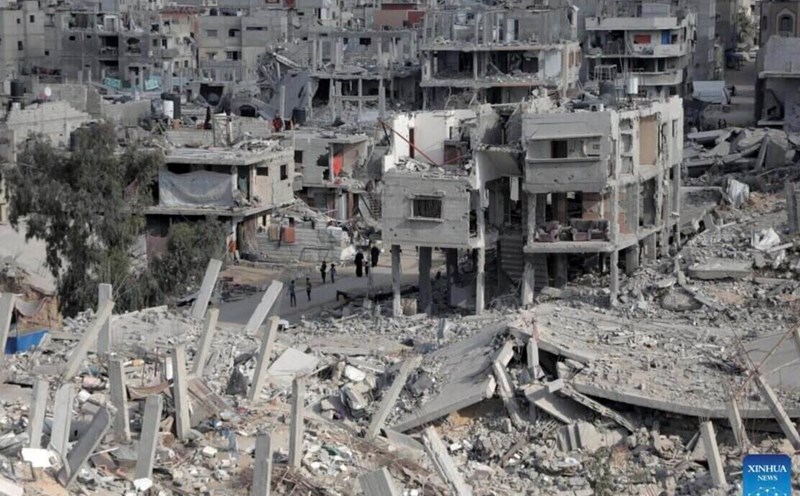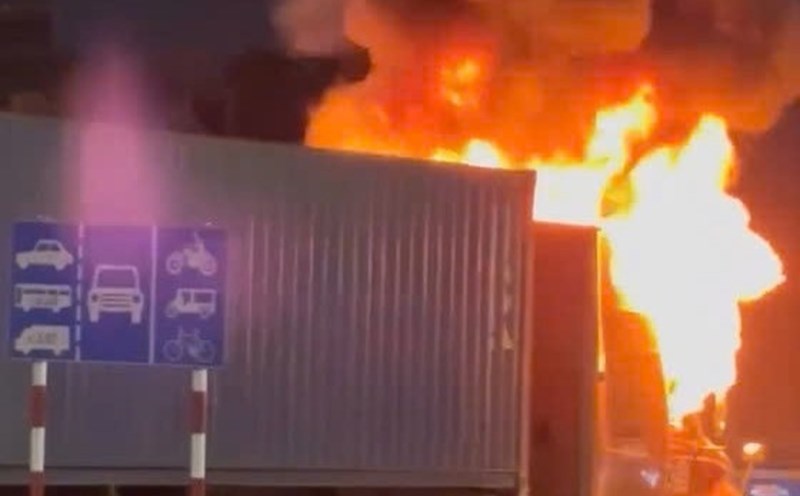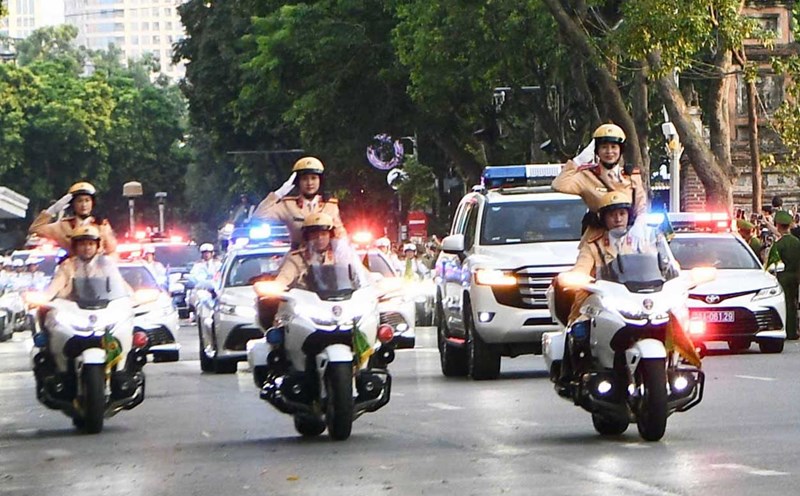According to a statement from the Israeli Prime Minister's Office, Mr. Netanyahu said that he would agree with the security cabinet this week to "mental the Israel Defense Forces (IDF) on how to achieve three combat goals: Defeating the enemy, releasing hostages and ensuring that Gaza will never threaten Israel again".
Members of the right wing of Prime Minister Netanyahu's government have long supported the complete takeover of Gaza. The IDF claims to have controlled more than 75% of Gaza. The United Nations said only 12% of Gaza is outside Israel's beatified zone or areas not affected by the IDF's evacuation order.
Information about the plan to occupy the entire Gaza Strip was released in the context of Prime Minister Netanyahu summoning the cabinet for war on August 5 to discuss the next steps of the Israeli army in this 2.2 million people's land as the conflict is about to enter its second year.
The Palestinian Foreign Ministry condemned the information published by the Israeli media, calling on the international community to "implement emergency intervention to prevent implementation, whether this is a form of pressure, exploration to assess international reactions, or seriously".
Netanyahu is facing growing international pressure to allow more humanitarian aid into Gaza and end the conflict amid rising numbers of Palestinians killed in malnutrition and Israeli attacks.
Gaza health sources said at least 74 Palestinians, including 36 aid seekers, were killed in Israeli alone attacks on August 4. On August 3, the Gaza Ministry of Health said that six more people had died from hunger or malnutrition in Gaza in the previous 24 hours as the region struggled with a humanitarian disaster after nearly two years of conflict. Increased the total number of people killed by hunger in Gaza to 175, including 93 children.
On August 4, Hamas said it was ready to coordinate with the Red Cross to provide aid to hostages held by the group in Gaza if Israel permanently opened up humanitarian corridors and stopped airstrikes during the aid distribution process. There are currently 50 Israeli hostages in Gaza, of which only 20 are believed to be alive, according to Israeli officials.
For its part, Israel has confirmed it has allowed the transportation of fuel to Gaza. COGAT, Israel's military agency in charge of coordinating aid, said four UN fuel tankers had entered Gaza to support the operations of hospitals, bakeries, public kitchens and other essential services.
Last week, Israel announced steps to bring more aid to people in Gaza, including temporarily suspending fighting for a period of time during the day in some areas, approving the release of aid by air and announcing protected routes for relief convoys.
UN agencies stressed that the release of aid by road was not enough and Israel had to allow more aid into Gaza by road as well as open a road to Gaza.
According to COGAT, over the past week, more than 23,000 tons of aid to over 1,200 trucks have entered Gaza, but hundreds of them have not yet been delivered to aid distribution centers by the United Nations and other international organizations.
The Hamas-run Gaza government's media office said on August 3 that nearly 1,600 aid trucks had arrived since Israel eased restrictions in late July. However, many of them were looted by deserters and armed gangs.











